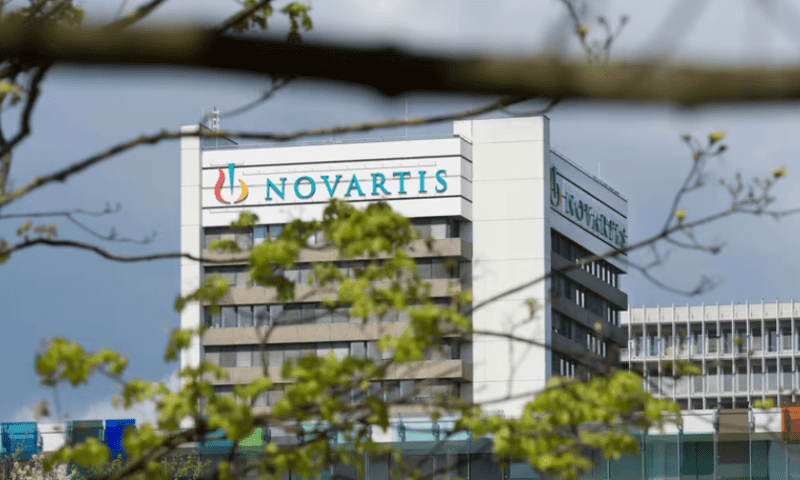Novartis and GSK have both pledged serious amounts of money towards R&D for neglected tropical diseases. Swiss pharma Novartis announced its commitment of $250 million, which covers a five-year period, will support work on malaria, Chagas disease, leishmaniasis, dengue fever and cryptosporidiosis.
Meanwhile, GSK promised $1 billion over a decade to accelerate R&D dedicated to infectious diseases that disproportionately impact lower-income countries. The research will focus on new and disruptive vaccines and medicines to prevent and treat malaria, tuberculosis, HIV—through GSK’s ViiV unit—neglected tropical diseases and anti-microbial resistance.
Both companies’ announcements were part of Novartis’ endorsement of the international Kigali Declaration during a summit on malaria and neglected tropical diseases in the Rwandan capital this week.
Getting drugs to low-income countries
Novartis is seen as one of the better companies in terms of its work to get drugs to patients in low- and middle-income countries. Last year, the Access to Medicine Index ranked Novartis’ R&D team third on a list of the big biopharma companies that do the most to address access, partly reflecting work on priority diseases such as malaria.
Now, Novartis has set out what comes next. The company has earmarked $150 million for development of malaria treatments from 2021 to 2025. Novartis will use the cash to bankroll work on next-generation antimalarials and a new formulation for babies under 5 kg with malaria.
Today, Novartis’ malaria pipeline is led by Coartem, an approved therapy that is in phase 3 development in babies weighing less than 5 kg who have uncomplicated malaria. The rest of the pipeline consists of three molecules—INE963, cipargamin and ganaplacide—to counter artemisinin resistance that are in phase 1 and 2 trials as treatments for severe and uncomplicated malaria, plus malaria prophylaxis.
The other $100 million is set aside for Chagas disease, leishmaniasis, dengue and cryptosporidiosis. As it stands, Novartis has a proteasome inhibitor, LXE408, in a phase 2 clinical trial in patients with visceral leishmaniasis and an NS4B inhibitor, EYU688, in phase 1 development in dengue. A cryptosporidiosis drug, ABO809, developed by Novartis recently entered phase 1.
Novartis received a grant from the Wellcome Trust to go after cryptosporidiosis and Chagas in 2020. The Bill & Melinda Gates Foundation has also provided money for development of the cryptosporidiosis drug candidate.
The spending commitment comes four years after Novartis vowed to spend $100 million on malaria and was timed to coincide with the Kigali Declaration on neglected tropical diseases, which asks the pharma industry to commit to “supporting R&D for new treatments, and their delivery to people and programs for safe and impactful scale-up.” Novartis has endorsed the declaration.
In the context of Novartis’ overall operation, the spending commitment is small. The commitment works out at $50 million a year through 2025 for a company that spent $9 billion on R&D in 2021 alone. The spending was enabled by a commercial operation that generated (PDF) net sales of $51.6 billion and an operating income of $11.7 billion in 2021.

